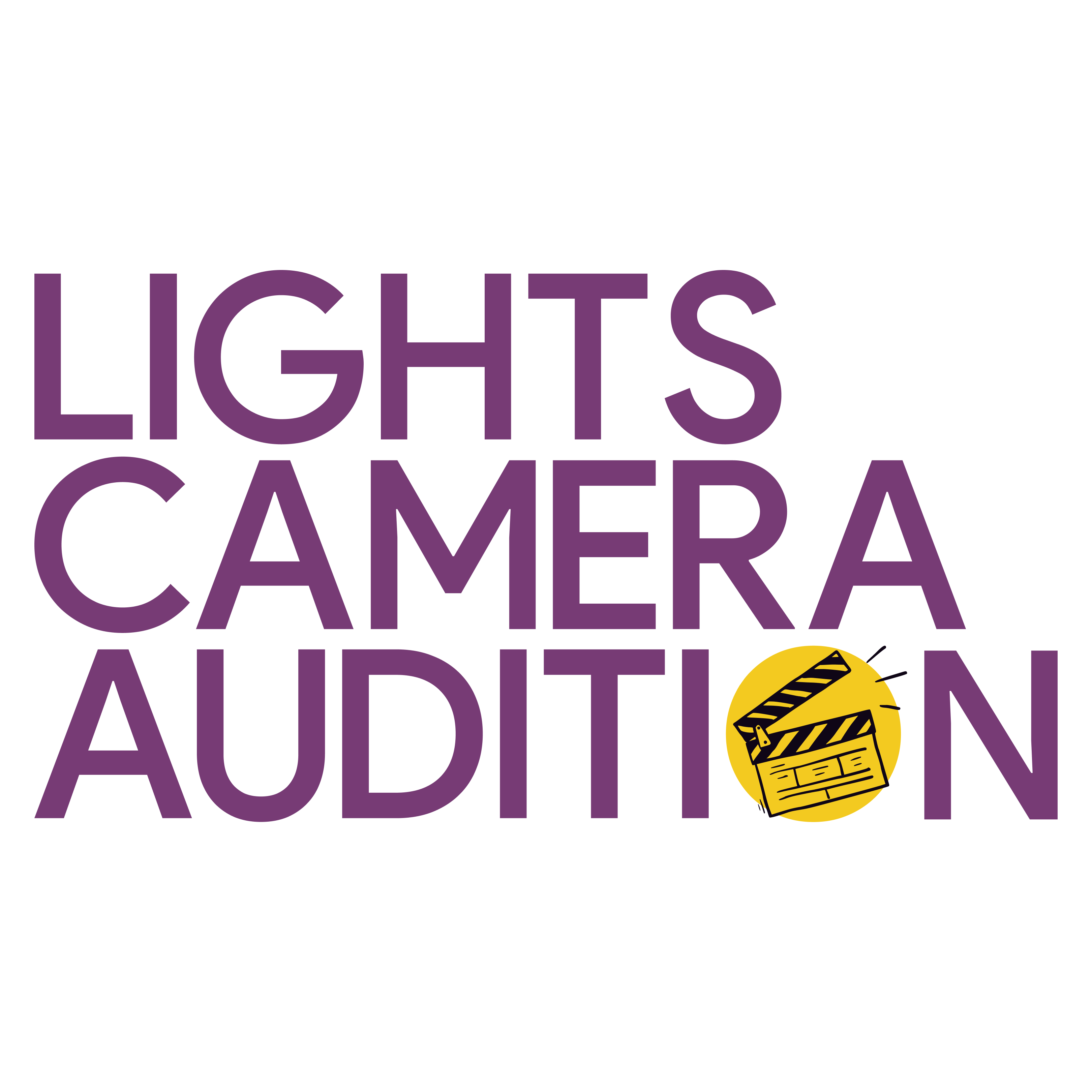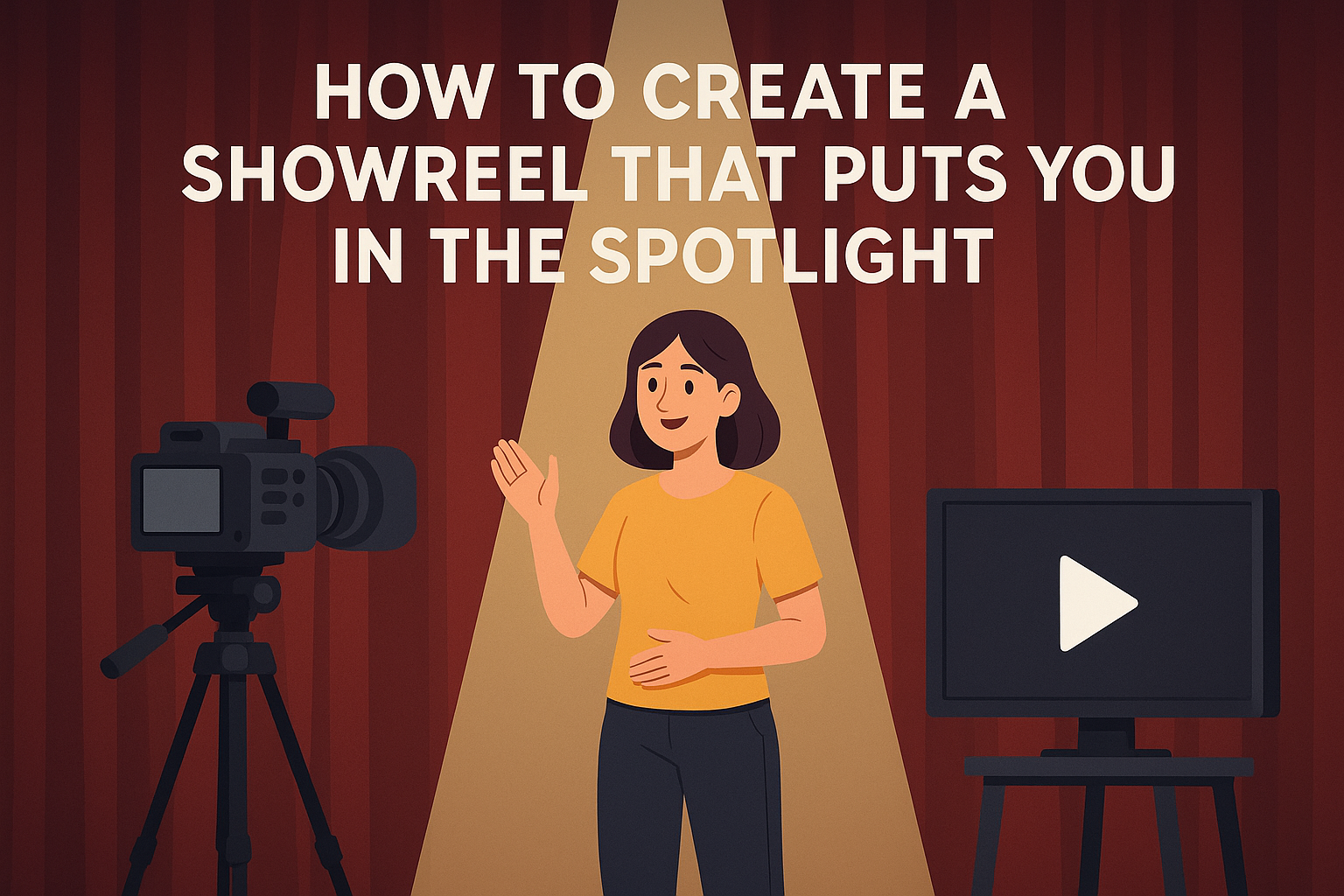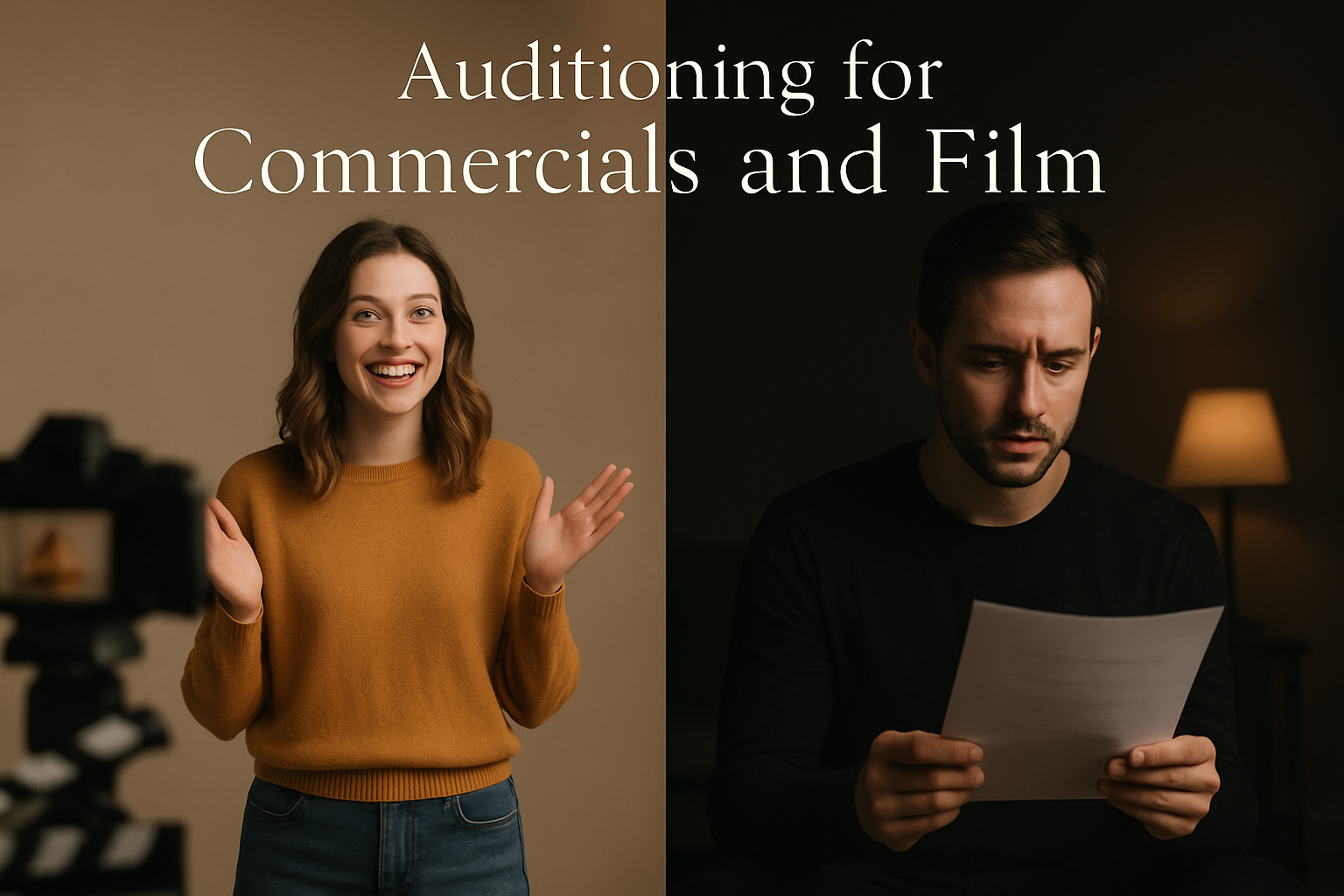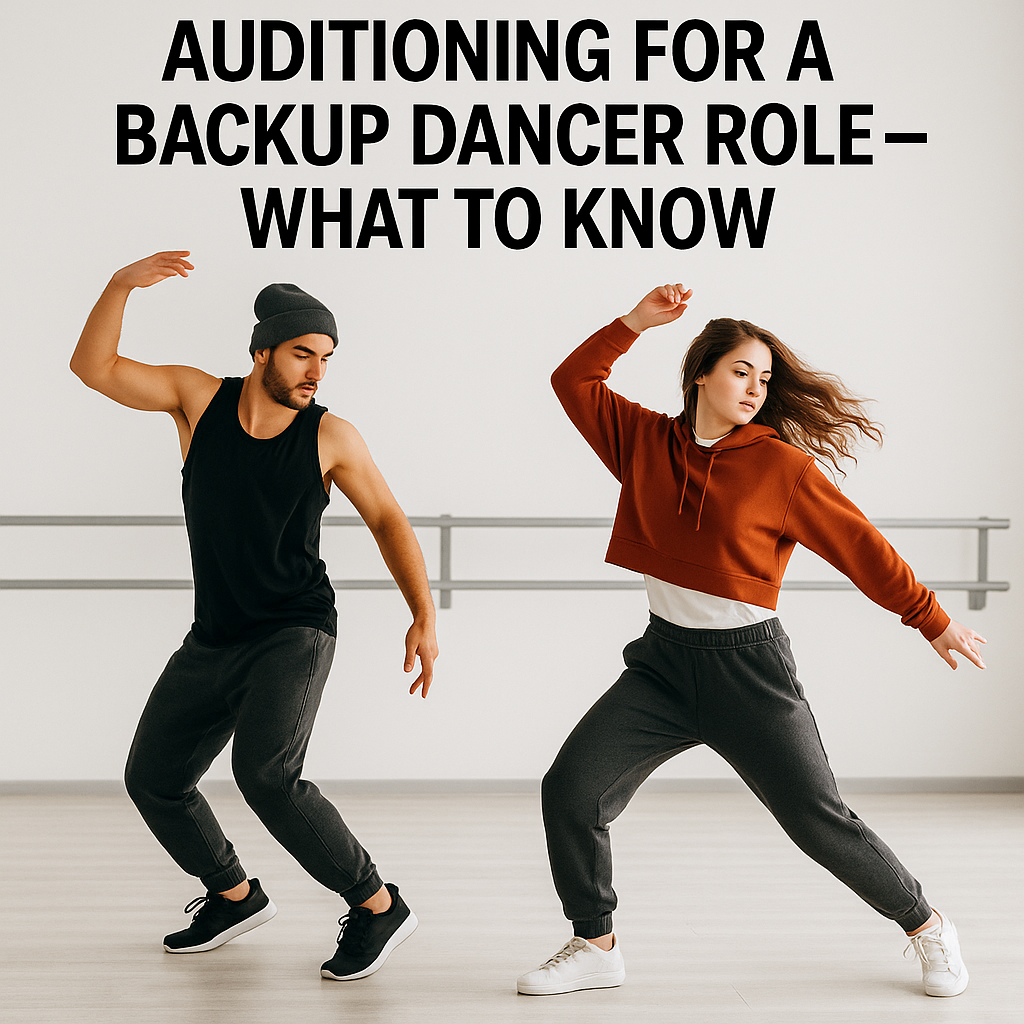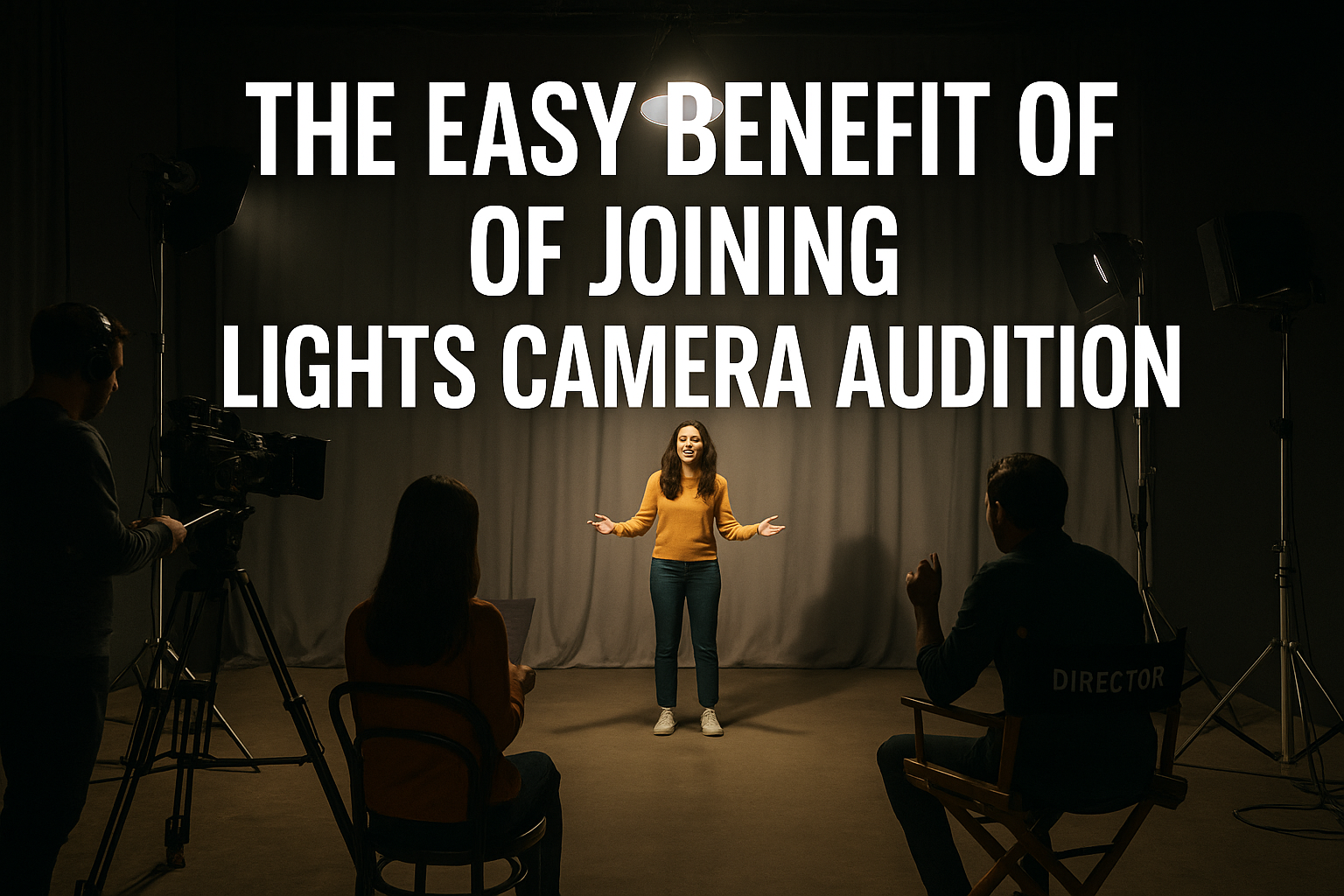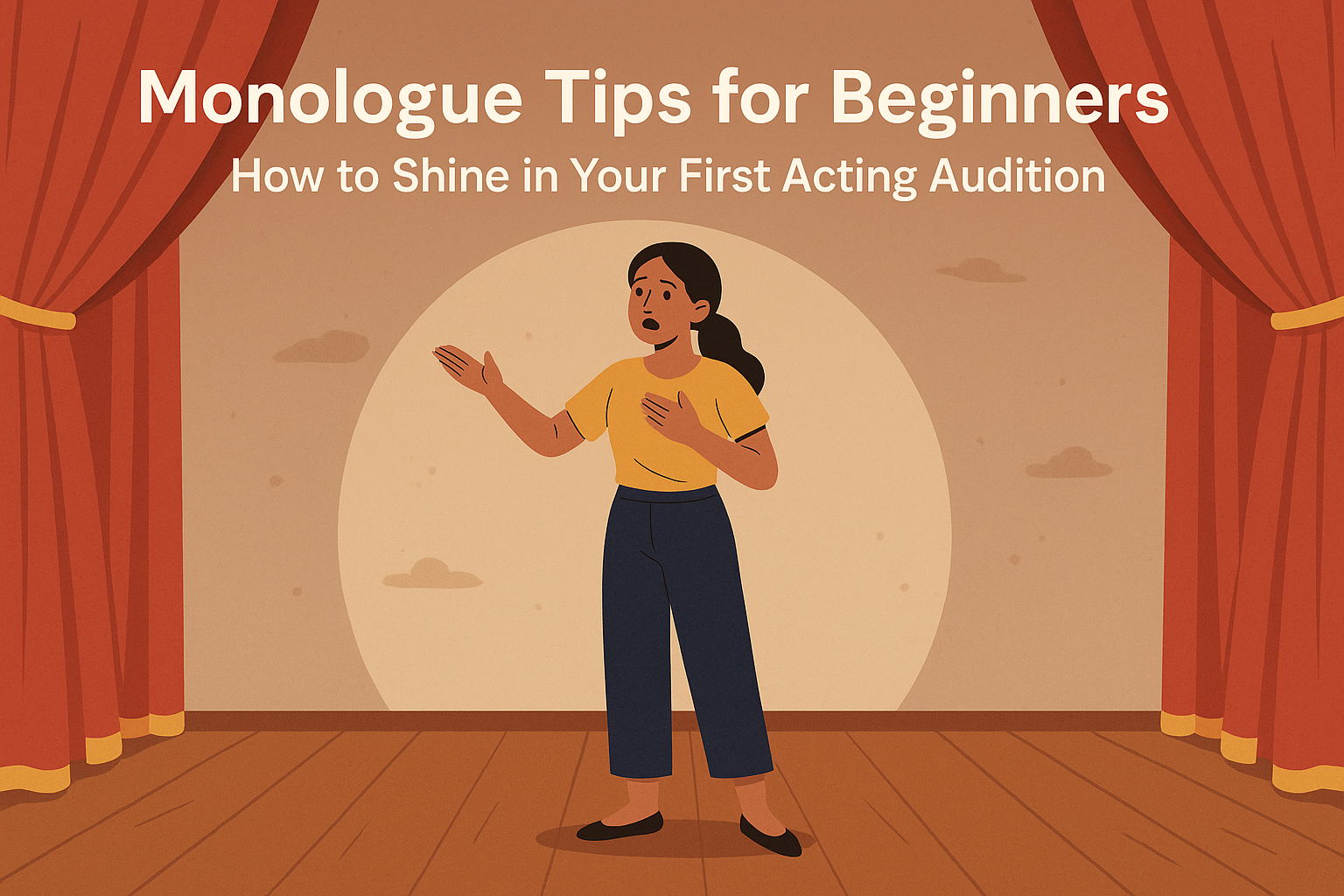
Getting into the profession of acting can be a heady and even frightening experience — particularly if you're being asked to do a monologue for the first time. Whether you are auditioning for school play, community theatre, or a drama school, your monologue is your opportunity to introduce casting directors to who you are and what you have to offer on stage.
If you're new to monologues and don't know where to begin, don't worry — this guide will take you through all the things you need to know to choose, prepare, and execute a monologue that best serves your potential.
What Is a Monologue, and Why Is It Important?
A monologue is a speech given by a single character, usually showing what's going on in their mind, heart, or plans. In auditions, monologues enable casting directors to test your:
Emotional range
Voice control and projection
Understanding of your character
Ability to hold your own on the stage
It's a great vehicle for displaying your talent — but only if you make the right choice and rehearse properly.
The Right Choice of Monologue
1. Choose Something Appropriate for Your Age
One of the most prevalent pitfalls new actors fall into is choosing a monologue written for someone significantly older or with a very different life experience. Begin with a character near your age and emotional range. You will present a more authentic and real performance.
2. Know the Context
Read the play as a whole, not only the monologue. Why? Because a monologue works only when you understand:
Who the character is addressing
What previously occurred prior to the scene
What the character requires at the moment
Knowing context provides you with emotional depth and authenticity.
3. Don't Use Overused Monologues
Casting panels are constantly bombarded with the same well-known monologues repeatedly. Try finding lesser-known plays or less-frequently used speeches in famous plays. This will make you unique and demonstrate initiative.
4. Keep It Simple, One Emotion, But Express Range
Select a monologue that centers around a definite goal, but there is room for emotional fluctuation. A well-done monologue should contain changes — anger to vulnerability, fear to confidence, or sadness to hope — so you can display dynamic acting within a short period.
Preparing Your Monologue
5. Break It into Beats
"Beats" are changes of the character's thought or feeling. Read the monologue and label each moment where something shifts — a new idea, a new approach, or a turn of feeling. Play each beat with clear intention.
6. Know What You Want (Objective)
Every character has something they want. That desire energizes the speech. Ask yourself:
What does my character want from the person they're speaking to?
What is hindering them from attaining it?
Understanding your character's goal gives meaning to every word you speak.
7. Practice with Purpose
Don't simply recite the lines ad nauseum. Try:
Practicing while walking to connect words with bodily rhythm
Rehearsing in front of a mirror to keep track of facial expressions
Recording yourself and playing it back to refine tone, pace, and energy
Performing the Monologue
8. Select an Imaginary Scene Partner
Don't look at the wall, floor, or casting director. Instead, visualize the individual your character is addressing and place your gaze just above eye level. This makes a stronger connection and maintains your energy aimed outward.
9. Use Your Body – But Subtly
Some movement is acceptable — changing weight, gesturing, stepping forward. But don't pace or be overly active to the point of distraction from your performance. Any physical decision must be in the service of the emotion or goal of the scene.
10. Begin and Finish with Control
Pre-game:
Breathe.
Center yourself.
Slide into character.
Upon finishing:
Hold the last emotion or moment for a beat.
Release character organically.
Say "Thank you"
A good beginning and a neat ending make a lasting impact.
Avoid These Common Mistakes
Overacting: That's not necessarily better. Be real.
Not paying attention to feedback: When a friend or coach gives you a critique, listen and attempt to change.
Selecting emotionally flat monologues: Select material that offers you something to do, not merely something to say.
Not warming up: Warm your voice and body before you perform.
Last Things to Remember: Building Confidence Through Prep
Your initial monologue audition may be overwhelming, but don't forget: everyone begins somewhere. The longer you spend getting to know the character and practicing with intention, the more secure and comfortable you'll be.
A monologue isn't memorizing lines — it's conveying a story from your heart, voice, and body. When you do that authentically, the panel notices you, and that is the most potent tool you have.
So take a deep breath, choose one you adore, and give it your all — your moment in the spotlight awaits.
In the entertainment and creative sectors—whether you're an actor, model, filmmaker, dancer, or content creator—a properly edited showreel can be your passport to scoring thrilling projects. It's your showreel visual resume. In contrast to your written CV, your showreel instantly displays casting directors, producers, or clients what you can do within 1–2 minutes.
Auditioning is the door into acting, be it entering the high-energy arena of advertising or the emotionally rich universe of film. But even though the essentials of acting—presence, expression, timing—never change, expectations and procedures vary immensely between commercial and film auditions. Knowing these essential variations can assist actors in preparing more effectively and adjusting their performances for each arena.
Auditioning for a backup dancer role is an exciting opportunity that can open doors to performing with top artists, appearing in music videos, touring internationally, and gaining industry recognition. But it’s also one of the most competitive and demanding audition types in the entertainment world. Whether you're auditioning for a big-name pop star or an up-and-coming artist, knowing what's required and how to prepare can be the difference between fitting in and landing the gig.
Do you have a dream of becoming an actor, model, dancer, or influencer? If you want to get into the entertainment field, Lights Camera Audition might be the best place to begin. It's a web-based site aimed at bringing talent and casting together for film, television, web series, commercials, and other opportunities.
Lights Camera Audition!
Don't miss out on the latest updates, audition calls, and exclusive tips to elevate your talent. Subscribe to our newsletter and stay inspired on your journey to success!
